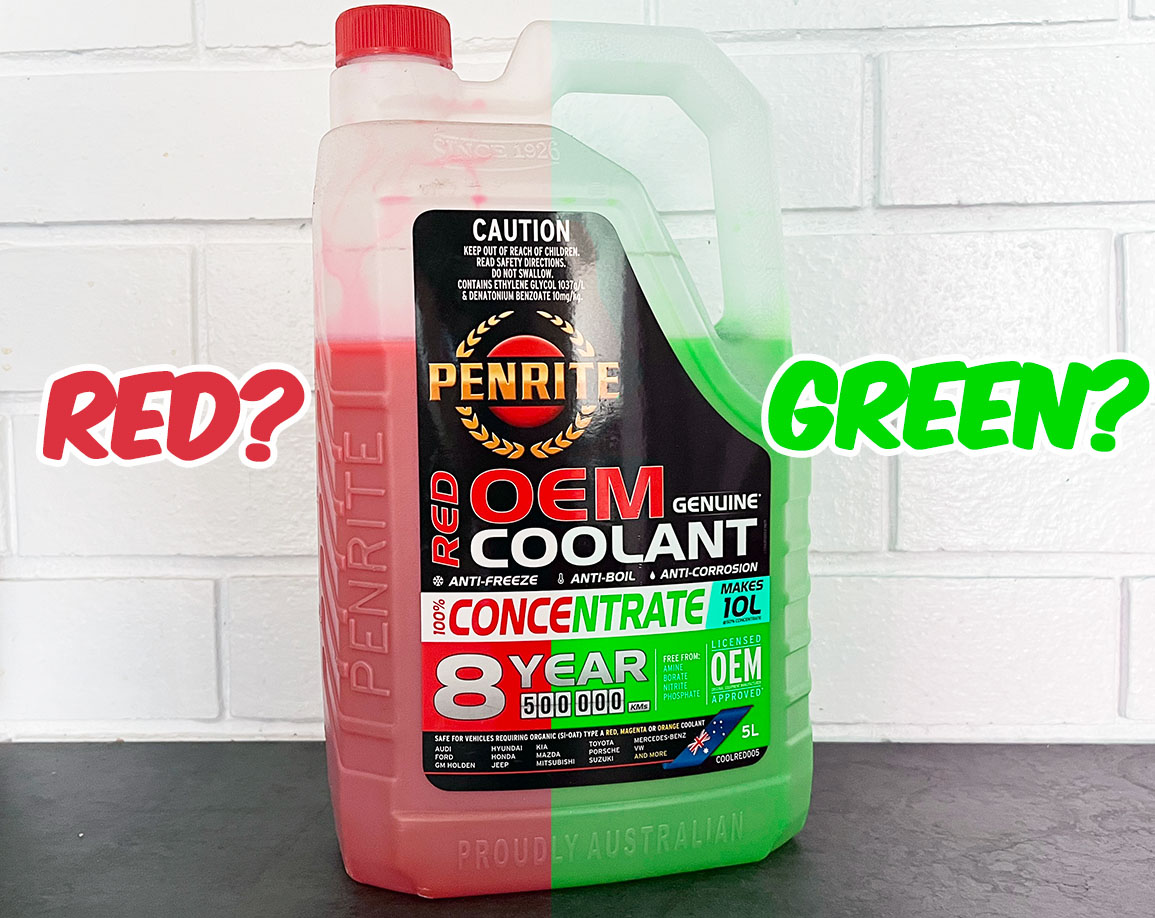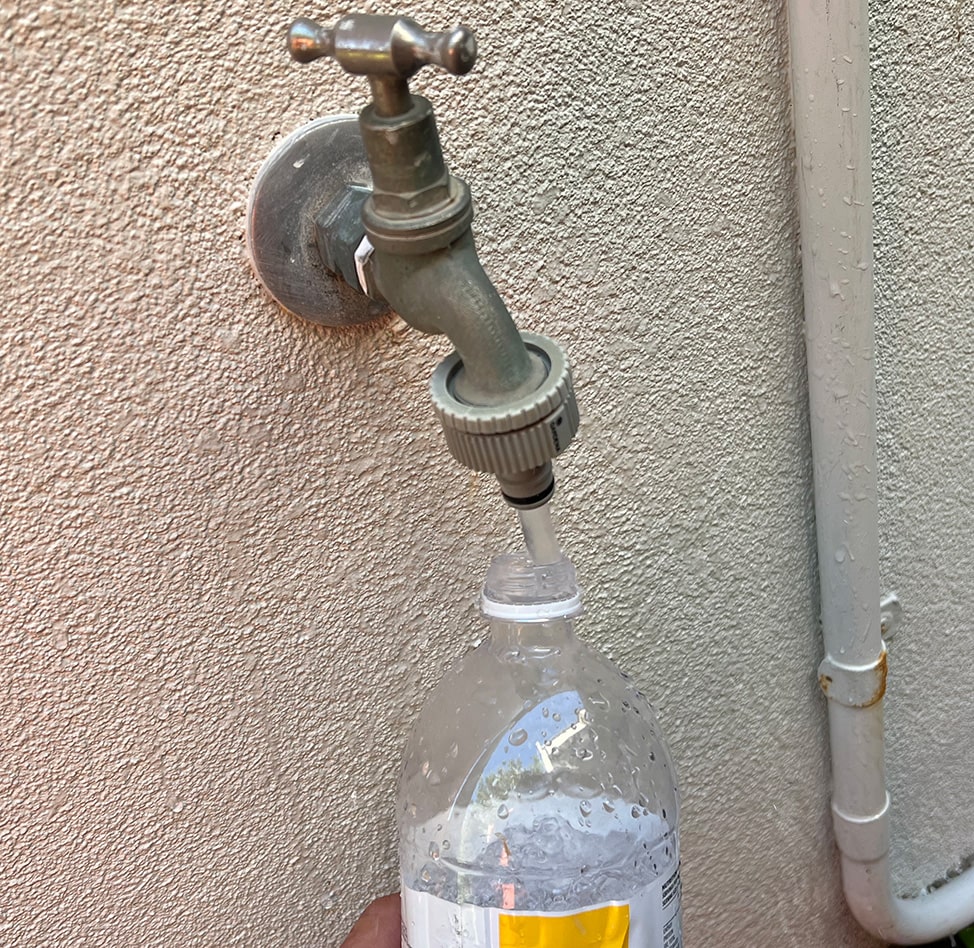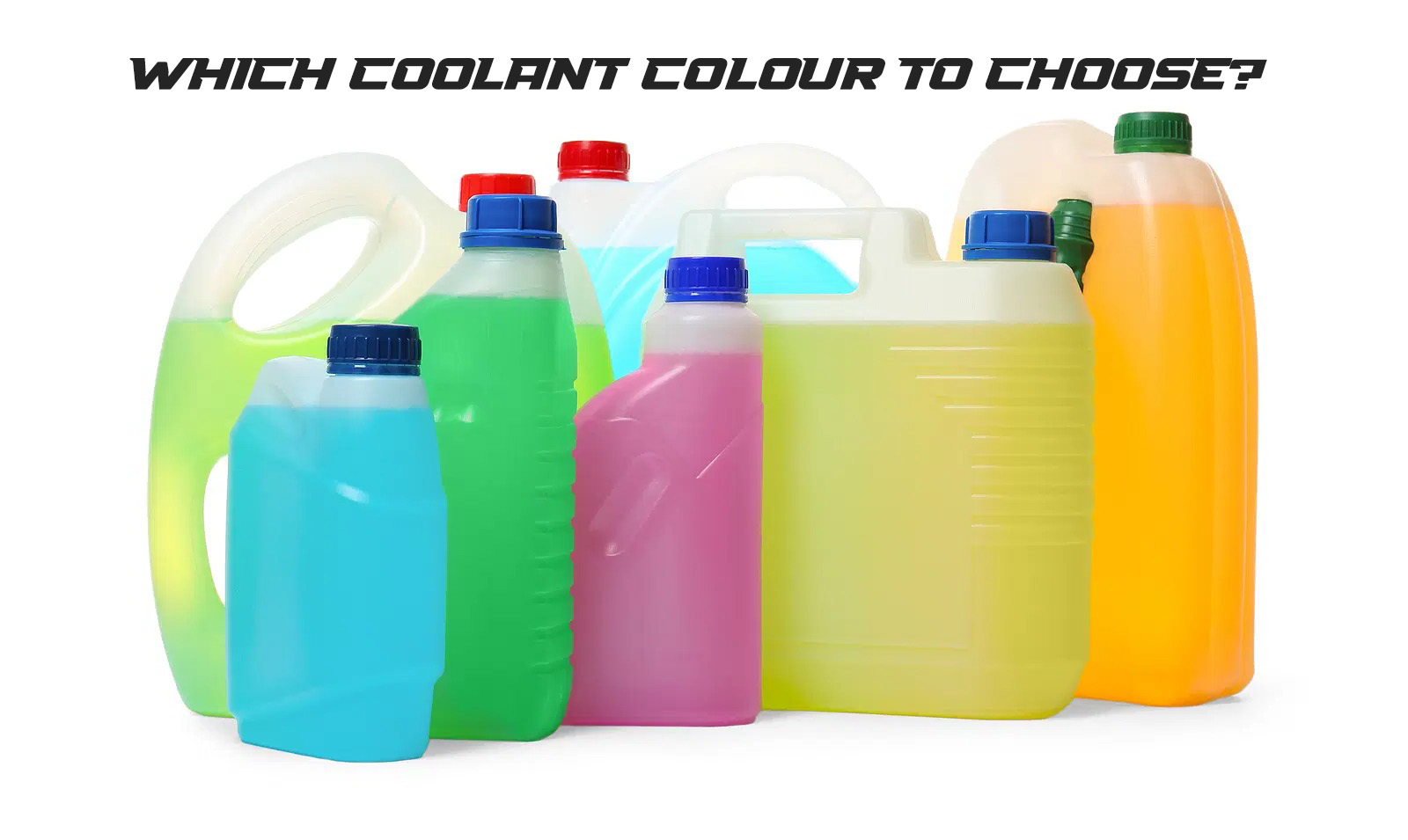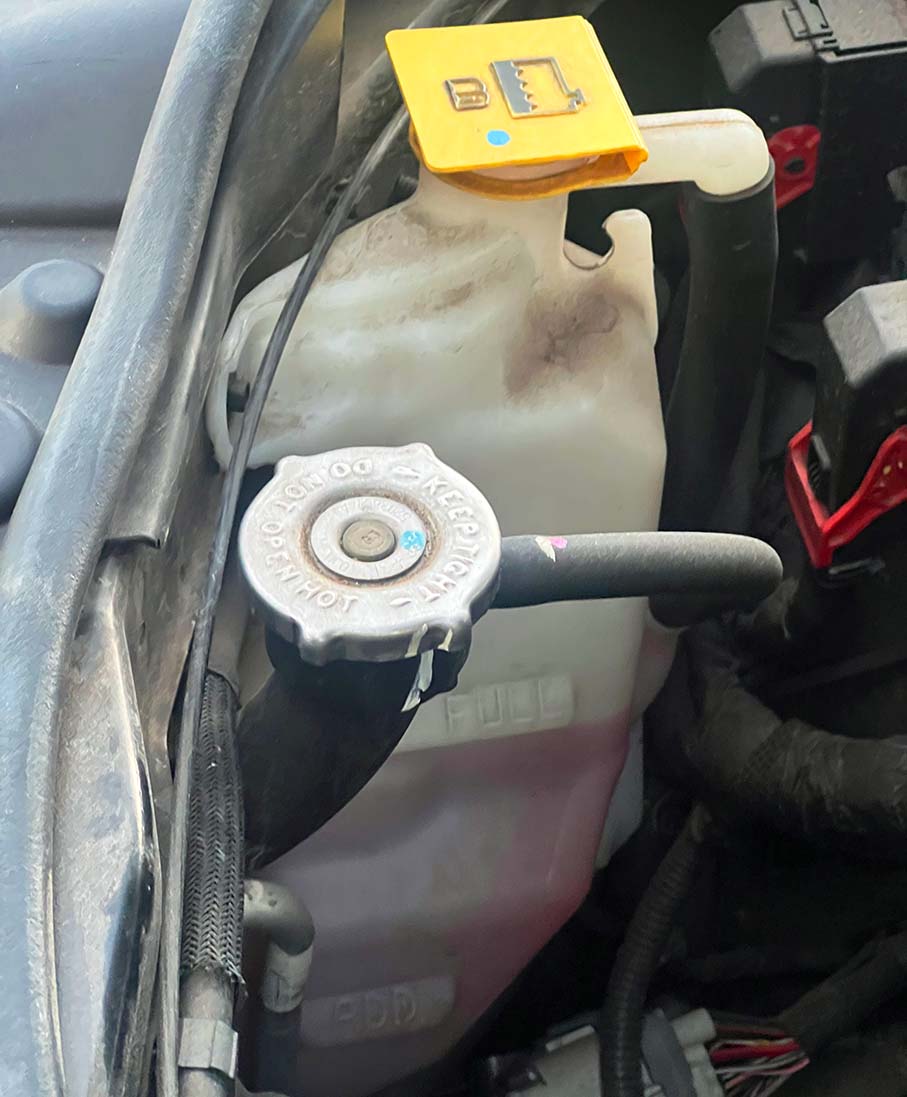|

Coolant is essential for maintaining your car's engine temperature, particularly as we approach warmer months. It's a liquid used in the radiator to keep engines cool. Given the trend towards smaller, more powerful cars, effective coolant is more important than ever. In cold climates, the risk of radiator damage increases as water can freeze, expand, and cause cracks when the engine is idle.

While tap water might seem like a convenient emergency substitute, it's not a suitable long-term replacement for coolant. Water alone can lead to corrosion in the radiator, head gasket, and thermostat. Moreover, water's boiling point (100°C) and freezing point (0°C) are not ideal for engine temperature ranges. In extreme heat, water boils, creating pressure and potential overheating, while in cold, it can freeze and damage the radiator.
Coolant, typically a mix of Ethylene Glycol, protective additives, and demineralised water, manages engine temperatures above 100°C without boiling and below 0°C without freezing. Glycol isn't as effective at absorbing heat as water, but it modifies water's boiling and freezing points.

When selecting a coolant, start with your vehicle manufacturer's recommendations. There are two primary types:
So what's the difference between coolant colours? Coolant colours (red, green, blue, yellow, or orange) indicate different formulations:
If your coolant is low you might ask "can I mix different coolants?" Mixing different coolants is not advised. If your coolant is low, use water only for emergency top-ups.
Have your coolant tested regularly by a professional technician, and follow the manufacturer's guidelines for checking the coolant level in the reservoir. Avoid overfilling to prevent system overflow.

As the warmer seasons of spring and summer approach, it's wise to consider the last time your car's coolant was replaced. If it's been a while, or if you've noticed your car's temp gauge indicating higher than usual temperatures, it's time to get your coolant checked. Regular maintenance and coolant replacement are crucial for ensuring your engine's health and performance during hot weather. Check with your mechanic to help with this, as they can offer professional guidance and services to keep your engine running smoothly and efficiently throughout the warmer months.
Previous: Top 10 best selling used cars in 2023